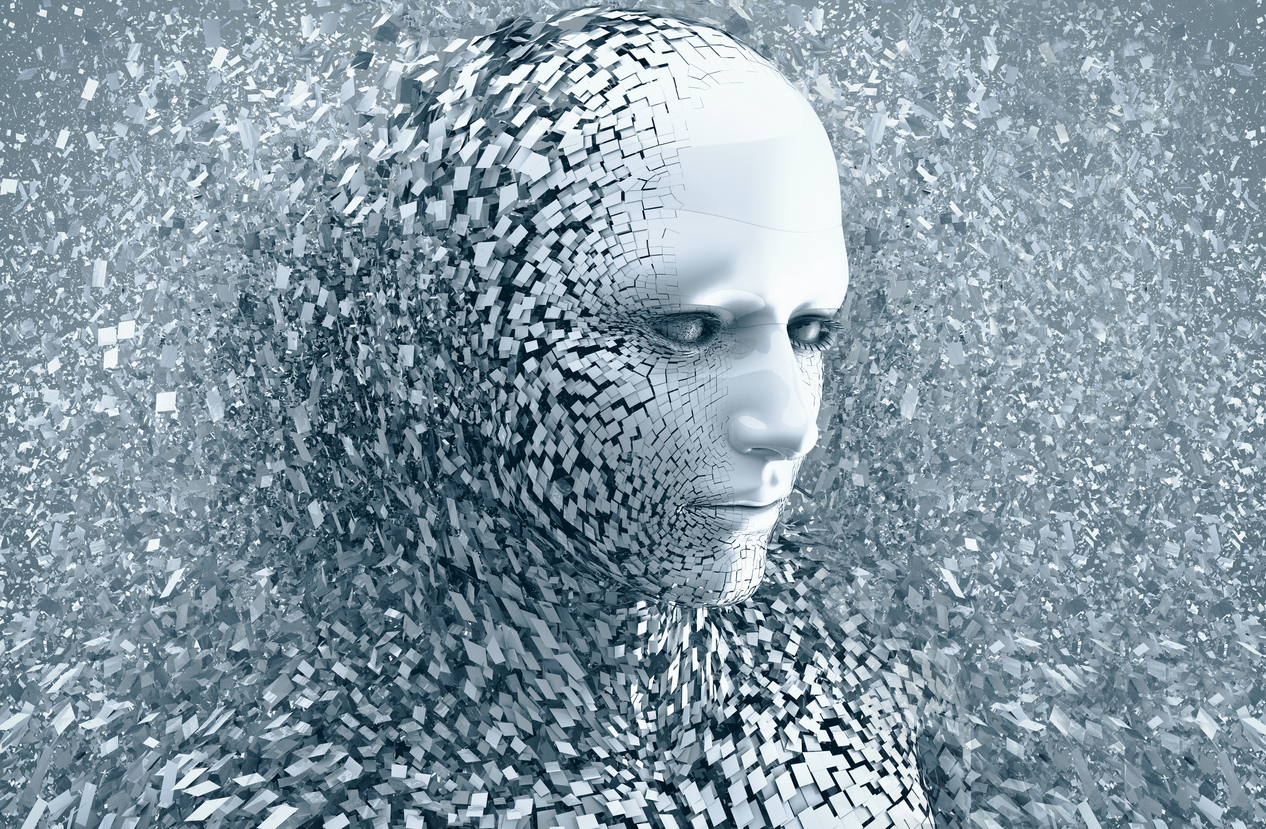What is artificial intelligence?
Merriam-Webster defines it “as a branch of computer sciences dealing with the simulation of intelligent behavior in computers as well as the capability of a machine to imitate intelligent human behavior.”
However, beyond that broad definition, it quickly becomes a very complicated conversation peppered with supervised and unsupervised machine learning, deep learning, and several terms from other sub-disciplines of cognitive science.
Without a basic understanding of the technology, firms are going to the victims of marketers who slap "AI-based" on every application and platform that has an embedded if-then rules engine.
The desire to cash in on the AI money train only will get stronger as Consultancy Grand View Research estimates that the global AI market that the global AI market will reach $35.8 billion by 2025.
Besides learning more about AI, people need to unlearn decades of what popular culture has taught them.
Star Fleet's Lt. Cmdr. Data and his positronic brain already has set two generations' expectation of AI, which has led to some pretty stupid decisions so far.
If you have not watch late night television or morning news programs lately, you probably have not seen Hanson Robotic's Sophia. It is an AI-powered human-looking automaton that can answer questions and change its facial expressions.
Although Sophia is impressive from a technological perspective, it might have set a dangerous precedent already: The government of Saudi Arabia has granted Sophia Saudi citizenship.
It probably is a public relations stunt on the part of the kingdom to show how bleeding edge it is since Sophia's creators reportedly still have not received any documents from the Saudi government related to Sophia's tax identifier or passport information.
The real danger is that this way of thinking has already planted a seed within well-meaning legislators to grant AIs some rights. The European Parliment already has been kicking around the idea of "electronic personhood" for at least the past year.
Do the legislators think that by granting rights, they are allowing Lt. Cmdr. Data to take his destiny into his own hands? AIs have far more in common with Excel macros than they do with beloved science fiction characters.
By anthropomorphizing AIs, legislators will open a can of worms when it comes to intellectual property rights.
To obtain a copyright or patent in most jurisdictions, an applicant needs to be a person while other jurisdictions accept applications from legal entities like corporations. Imagine the legal and compliance migraines if the AI-based tools used by portfolio managers and registered investment advisors needed to be licensed and had claims on their work products. It would be a nightmare and would stop the use of the technology dead in its tracks.
The only way to avoid this is through better education. The sooner it can be done, the better for everyone.














